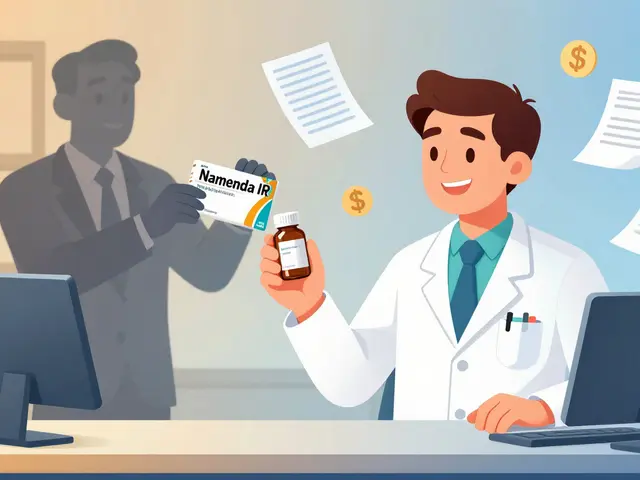Detection: Spot Fake Pharmacies and Counterfeit Medicines Fast
Ever feel unsure about an online drug store or a suspicious pill? You’re not alone. Scammers copy real pharmacies and pack fake pills into real-looking boxes. A few quick checks can save your money and your health.
Top red flags that mean stop and check
Is the price unbelievably low? That’s a common trick. No prescription required for prescription-only drugs? Another warning. Vague contact info, no verifiable license, weird payment methods (wire transfer or crypto only)—those are red flags. Also watch for sloppy site design, broken links, and poor grammar. Real pharmacies invest in clear policies, visible addresses, and customer support.
If a site claims to ship brand-name drugs from abroad for tiny prices, pause. Many legitimate international pharmacies still ask for a valid prescription and show pharmacy accreditation badges you can verify. If they don’t, assume risk.
Simple checks and tools you can use now
Check the site’s credentials. In the U.S., look for Verified Internet Pharmacy Practice Sites (VIPPS) or a pharmacy license number and verify it on the state board site. For Canadian stores, search for CIPA membership. Use WHOIS to see domain age—scam sites often use new domains. Make sure the site uses HTTPS and has a clear returns policy.
Verify pills visually. Look at size, color, and imprint codes. Use a pill identifier (like drugs.com) to match the imprint and shape. Packaging matters: misspelled brand names, missing lot numbers, or poor-quality printing may mean counterfeit. If a pill looks flaky, smells odd, or dissolves too fast, don’t take it.
Cross-check batch numbers and barcodes on the drug maker’s site when possible. Many manufacturers offer verification tools or QR codes you can scan to confirm authenticity. If you’re unsure, bring a sample to your local pharmacist—pharmacies can often tell if something looks off.
When ordering controlled meds online, prefer pharmacies that require a current prescription, offer licensed prescribers, and use secure payment processors. Avoid sites that pressure you with time-limited discounts or bulk-only offers for controlled substances.
If something goes wrong, document everything: screenshots, order confirmations, and messages. Report suspicious pharmacies to your national regulator and consumer protection agencies. Reporting helps shut down scams and protects other people.
Final tip: trust your gut. If anything feels rushed, weird, or too good to be true, step back and verify. Safer choices start with small checks that take minutes but can prevent big problems down the line.
Recently, I came across a topic that caught my attention - Trazodone and drug testing. Many people wonder if this medication will show up on a drug test. From what I've gathered, the answer is generally no, as most standard drug tests don't screen for Trazodone. However, it's important to note that some specific tests can detect it if they're looking for this particular substance. So, if you're prescribed Trazodone, it's always best to disclose this information to the testing facility to avoid any confusion or false results.


